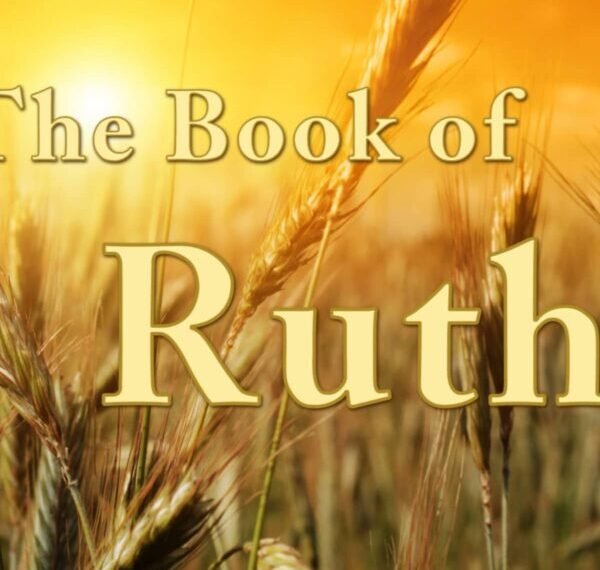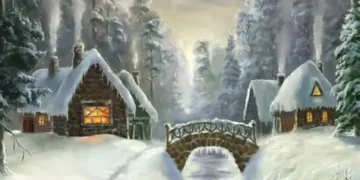Introduction To The Book of Ruth # 1
Welcome to the book of Ruth.
What is the summary of the story of Ruth?
The Book of Ruth relates that Ruth and Orpah, two women of Moab, had married two sons of Elimelech and Naomi, Judeans who had settled in Moab to escape a famine in Judah. The husbands of all three women die; Naomi plans to return to her native Bethlehem and urges her daughters-in-law to return to their families.
Matthew Henry: Commentary on Ruth 1
An Exposition, With Practical Observations, of
The Book of Ruth
Chapter 1
In this chapter, we have Naomi’s afflictions.
- I. As a distressed housekeeper, forced by famine to move into the land of Moab (v. 1, 2).
- II. As a mournful widow and mother, bewailing the death of her husband and her two sons (v. 3-5).
- III. As a careful mother-in-law, she desirous to be kind to her two daughters, but at a loss how to be so when she returns to her own country (v. 6-13). Orpah she parts with in sorrow (v. 14). Ruth she takes with her in fear (v. 15-18).
- IV. As a poor woman sent back to the place of her first settlement, to be supported by the kindness of her friends (v. 19-22).
All these things were melancholy and seemed against her, and yet all were working for good.
The first words give all the data we have of this story. It was in the days when the judges ruled (v. 1), not in those disorderly times when there was no king in Israel; but under which of the judges these things happened we are not told, and the conjectures of the learned are very uncertain. It must have been towards the beginning of the judges’ time, for Boaz, who married Ruth, was born of Rahab, who received the spies in Joshua’s time. Some think it was in the days of Ehud, others of Deborah; the learned bishop Patrick inclines to think it was in the days of Gideon, because in his days only we read of famine by the Midianites’ invasion, Judges 6:3, 4. While the judges were ruling, someone city and some another, Providence takes particular cognizance of Bethlehem, and has an eye to a King, to Messiah himself, who should descend from two Gentile mothers, Rahab and Ruth. Here is,
- I. A famine in the land, in the land of Canaan, that land flowing with milk and honey. This was one of the judgments which God had threatened to bring upon them for their sins, Lev. 26:19, 20. He has many arrows in his quiver. In the days of the judges they were oppressed by their enemies; and, when by that judgment they were not reformed, God tried this, for when he judges he will overcome. When the land had rest, yet it had not plenty; even in Bethlehem, which signifies the house of bread, there was scarcity. A fruitful land is turned into barrenness, to correct and restrain the luxury and wantonness of those that dwell therein.
- II. An account of one particular family distressed in the famine; it is that of Elimelech. His name signifies my God a king, agreeable to the state of Israel when the judges ruled, for the Lord was their King, and comfortable to him and his family in their affliction, that God was theirs and that he reigns forever. His wife was Naomi, which signifies my amiable or pleasant one. But his sons’ names were Mahlon and Chilion, sickness and consumption, perhaps because weakly children, and not likely to be long-lived. Such are the productions of our pleasant things, weak and infirm, fading and dying.







